Teaching projects funded so far
The following teaching projects by employees have already been funded by the Sustainable Impact Program (SIP). More projects are constantly being added on an ongoing basis.
Sustainability through Sharing and Co-creating as part of the Curriculum

In this cooperation project between Nils Ratnaweera's team from the Geoinformatics research group and the OER team from the university library, existing scripts and teaching materials are being further developed on GitHub together with students and published as OER Open Educational Resources. Students' projects on environmental sustainability topics will also be developed using open-source tools and made available as OER under open licences. Students become co-developers in the seminar, they are trained in dealing with open education and open source and play a significant role in the design of materials for teaching. This allows them to participate in the open exchange of knowledge on sustainability topics while they are still studying. In order to make the project scalable and stimulate exchange among lecturers, training courses are also organised on the effective use of open-source tools in teaching.
EcoUrbanism Elective
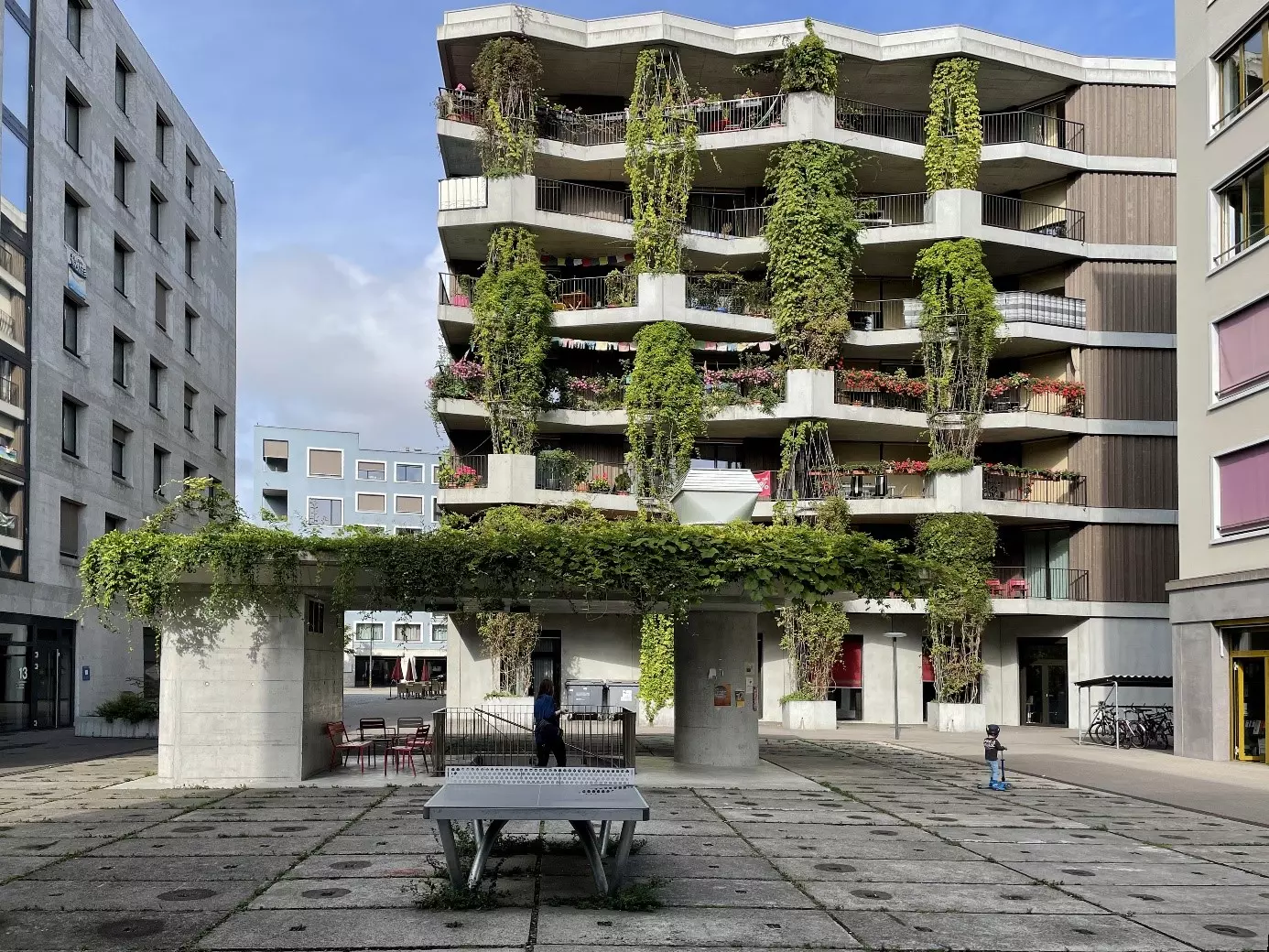
Liveable and sustainable cities require experts with empathy for all project participants. Interdisciplinary collaboration for sustainable urban development - this is the core of the joint module EcoUrbanism of the two departments of Architecture, Design & Civil Engineering and Life Sciences and Facility Management. In the search for synergies between the city and nature, planners repeatedly come up against boundaries, be they, e.g., disciplinary, linguistic or cultural. The aim of the module is therefore to teach students integral planning and to promote systemic and critical thinking. Joint excursions, exchange in mixed groups and interdisciplinary discussions are intended to strengthen dialogue and interdisciplinary exchange in the long term.
BioMat Summer School
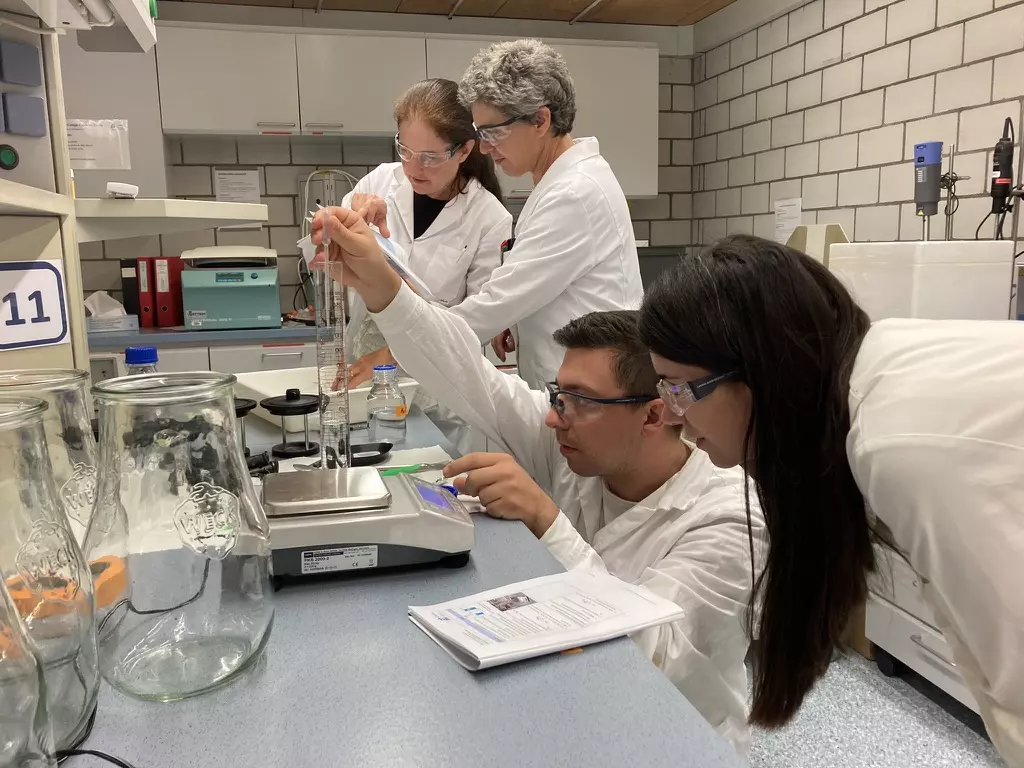
As part of the BioMat Summer School, Bachelor's and Master's students from various natural science courses have the opportunity to approach the topic of bio-based materials in a practical way for ten days. The entire life cycle of materials up to recycling is examined in seven practical courses and supplemented by inputs from experts from research and industry. In addition to an introduction to writing one's own research proposals, social activities are also planned to enable networking and a lively learning atmosphere at the Department of Life Sciences and Facility Management.
Sustainable investing training platform

Using a training platform, Martin Schnauss and Laura Archer aim to help their Banking and Finance students understand what sustainable investing means. The recent climate catastrophes demonstrate how important it is to financially support projects that preserve habitats and secure sustainable communities. For this, the team of the School of Management and Law is cooperating with the Swiss stock exchange SIX. Together, a concept is being developed for the didactic further development and use of the SIX teaching platform to enable optimal training in sustainable investing. The focus here will be on the selection and combination of sustainable financial investments.
Sustainability in Computer Science Studies

In computer science study programmes, the focus is usually on technical aspects. In his teaching project, Josef Spillner uses the example of a public transport trip planner to teach students how to create socially relevant software services that are both autonomous and resilient as well as computationally efficient. Integrated into an elective module, the students encounter topics such as 'Green IT' and service resilience. Furthermore, a trip to a regional application operator and several short guest lectures on the topic of 'SDGs 9 and 12 in the IT context' are also part of this project.
Tours against Food Waste
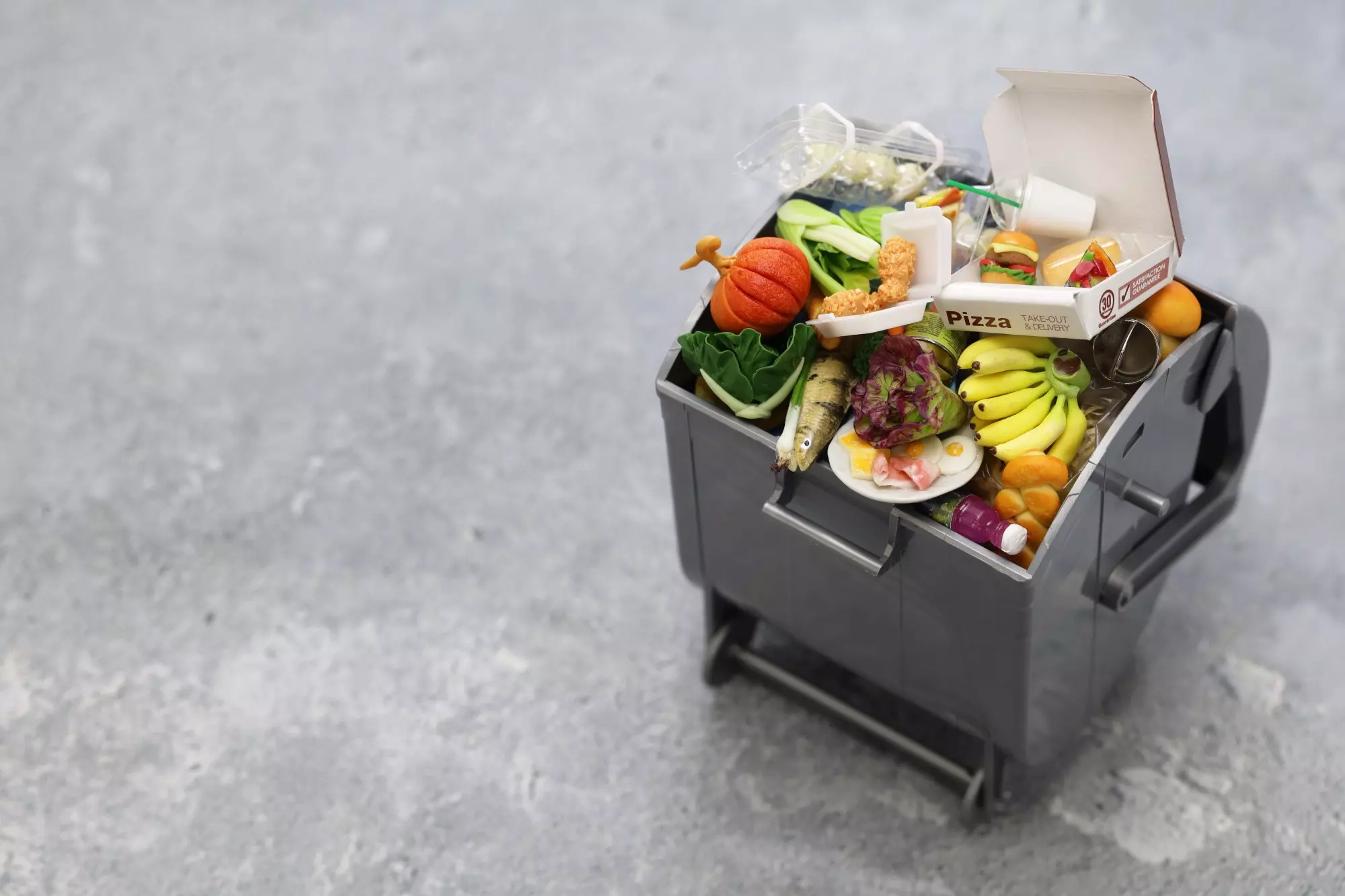
Claudio Beretta's project plans food waste tours with an interactive walk through the foodwaste.ch exhibition. Initially, they will be conducted on a mobile basis at schools, and starting at the end of 2023 they can also be visited on site in the new RD building at the ZHAW in Wädenswil. The tour provides pupils, students and other future decision-makers and consumers with awareness and know-how on how to avoid food waste. Participants also learn about practical food production from by-products. The project aims to reach around 20 school classes or groups, i.e. around 400 to 600 participants, by the beginning of 2024.
Circular Economy in Student Papers
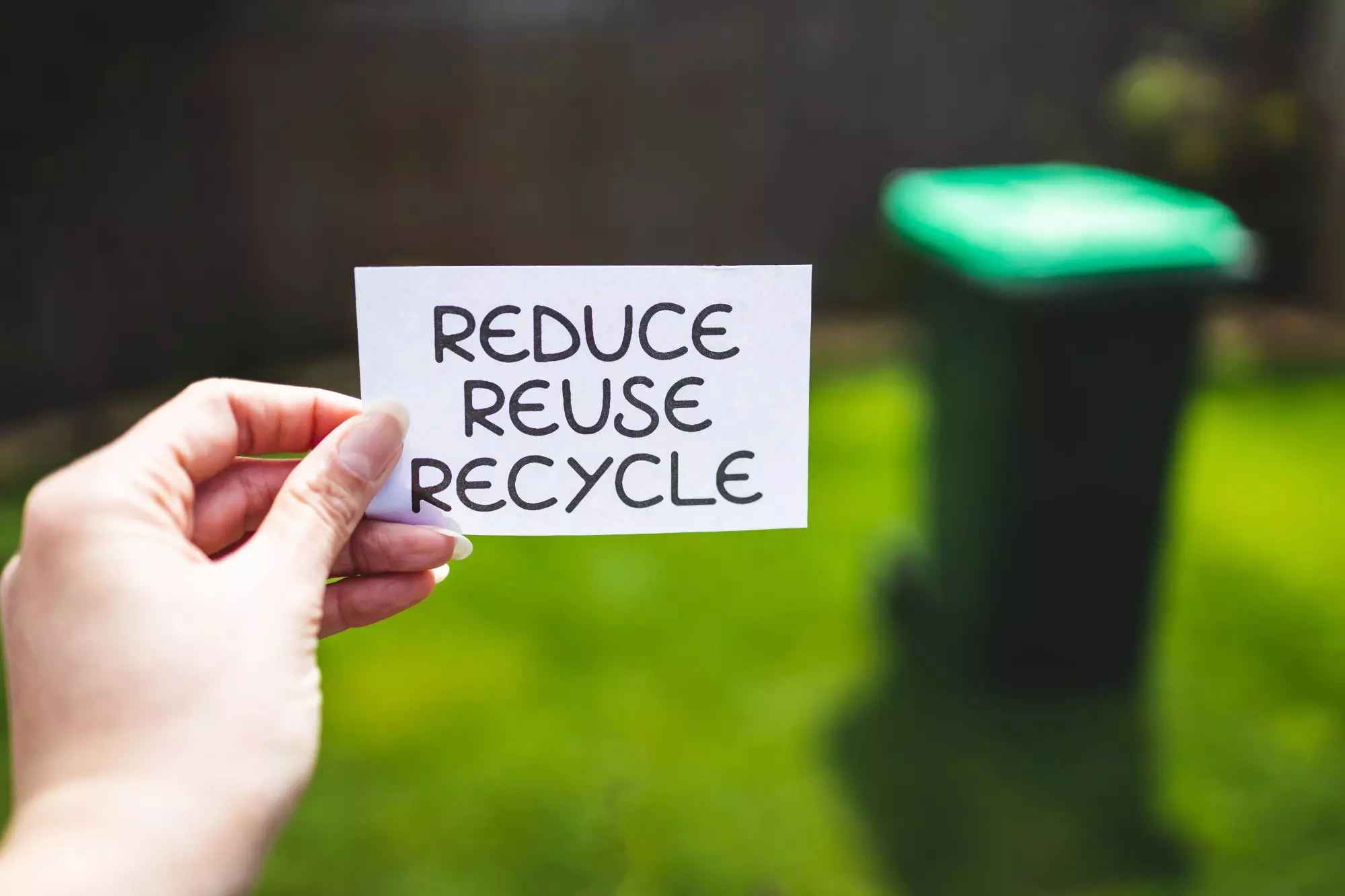
In his teaching project, Jens Baier wants to introduce the students of the School of Engineering to ecological sustainability and in particular the topic of the circular economy. Every student project supervised at the Centre for Product and Process Development should also deal with the topic of the circular economy. The possibilities are many, but the effects are often unclear. Is a different material needed? Are eco-design principles taken into account? Is an alternative business model needed and how can the impacts actually be assessed? The project serves to develop a guideline to facilitate the discussion of the topic of circular economy in student work.
Making Sustainability Knowledge Accessible
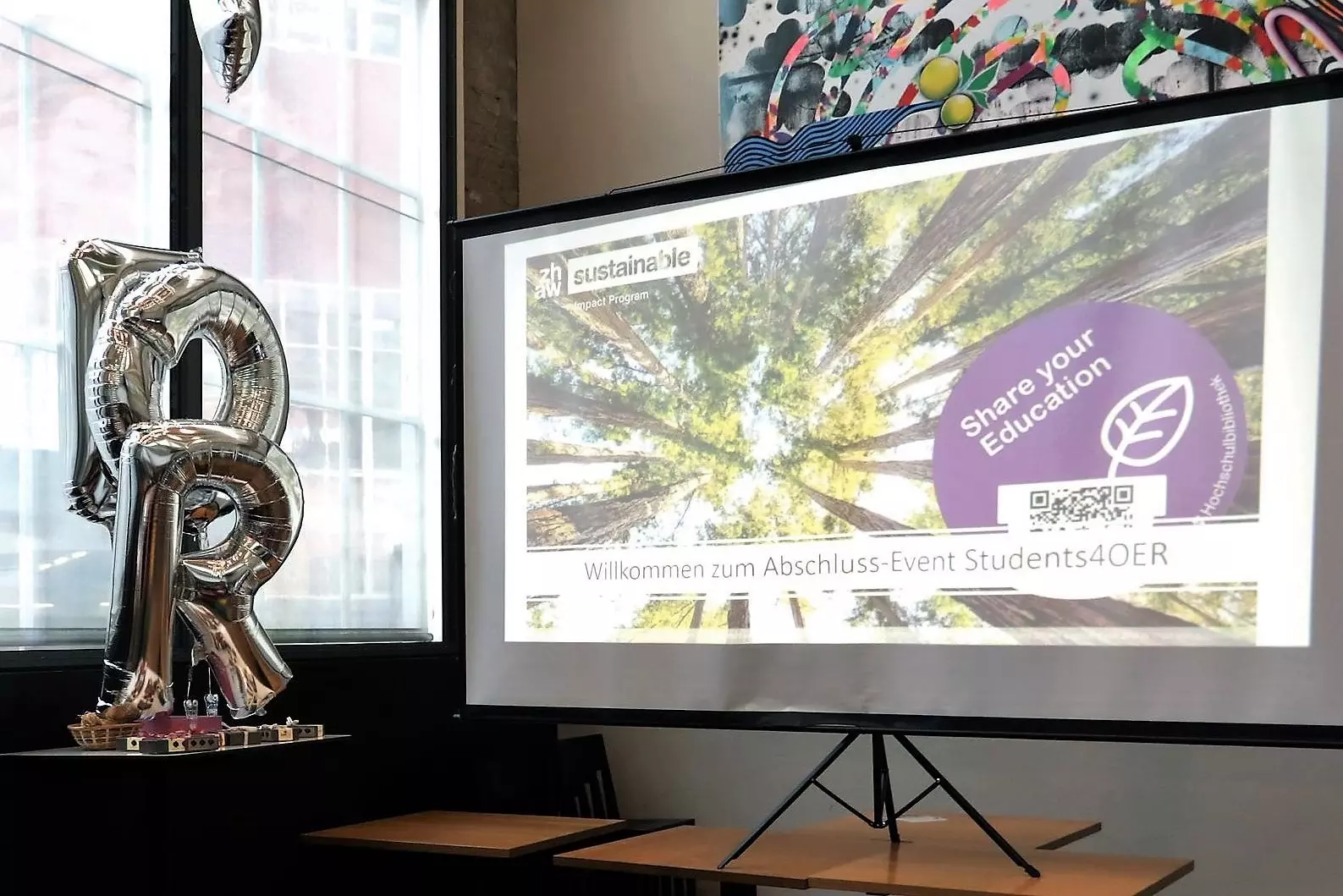
The project "Students 4 OER" by Nicole Krüger and the OER team of the university library introduced students to the practice of publishing OER - Open Educational Resources. As motivation, prices for the creation of high-quality OER were announced with the requirement that the OER have a connection to the UN Sustainable Development Goals. By publishing OER on a sustainability topic, students have the chance to contribute to equal opportunities in education. In addition, they can become part of to the public dialogue with their perspective and how they prepare knowledge, thus increasing the diversity of existing teaching materials on their topic.
Strengthening Traditional Handicrafts in Europe and Beyond
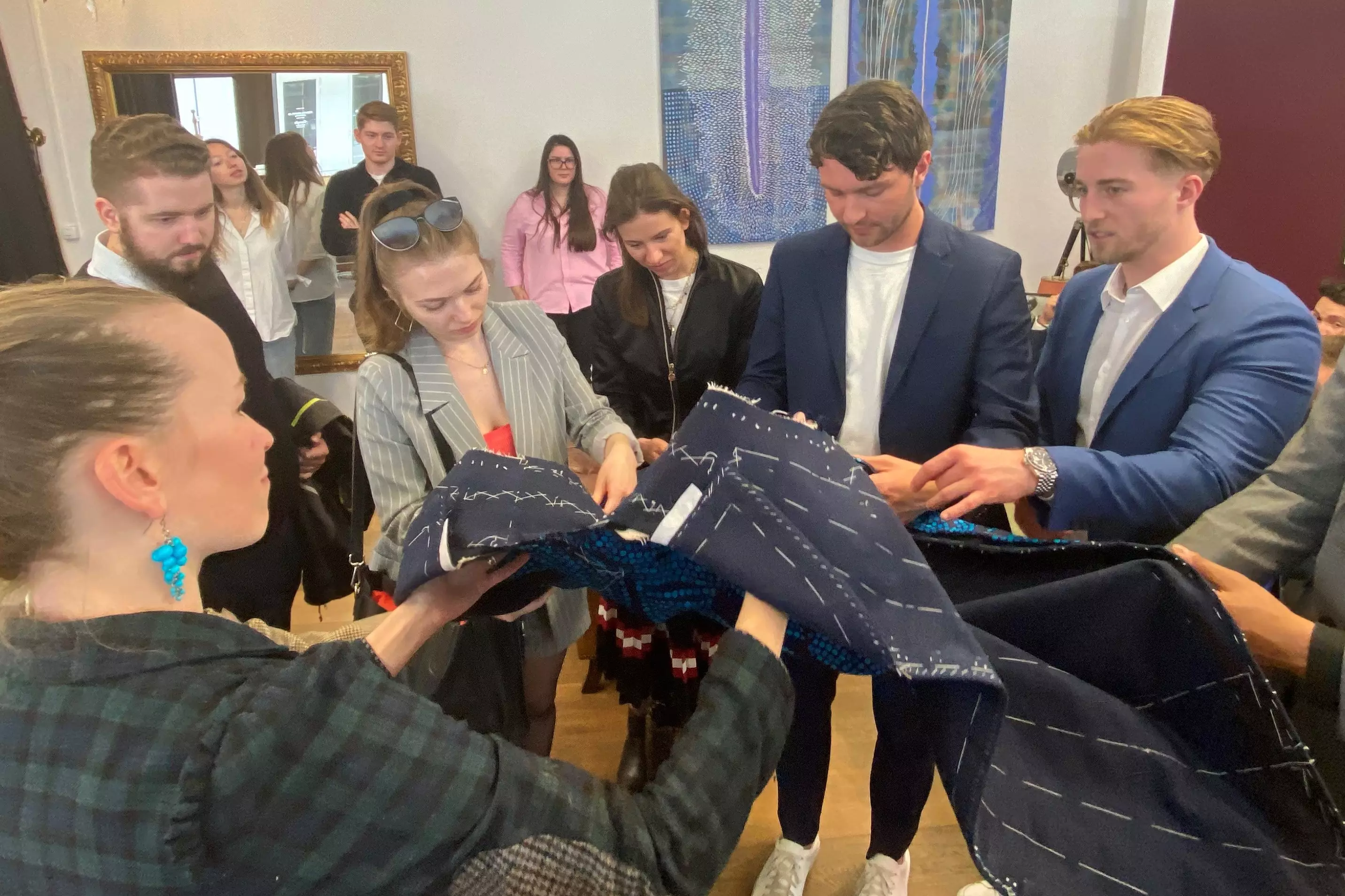
Whether it's haute couture in Paris, leather studios in Italy or watchmaking in Switzerland - craftsmanship is deeply rooted in Europe and provides a livelihood for many people even beyond the continent. But craft traditions do not have it easy in an increasingly fast-paced and technologised world. With the help of his teaching project, Fabio Duma wants to contribute to raising awareness and finding interdisciplinary solutions. As part of a module in the Master's programme in International Business, students learn about the current and future significance of handicrafts in an international market and, as potential future managers, deal with the challenges and opportunities of handicraft professionals.
Getting ready for International Climate Negotiations
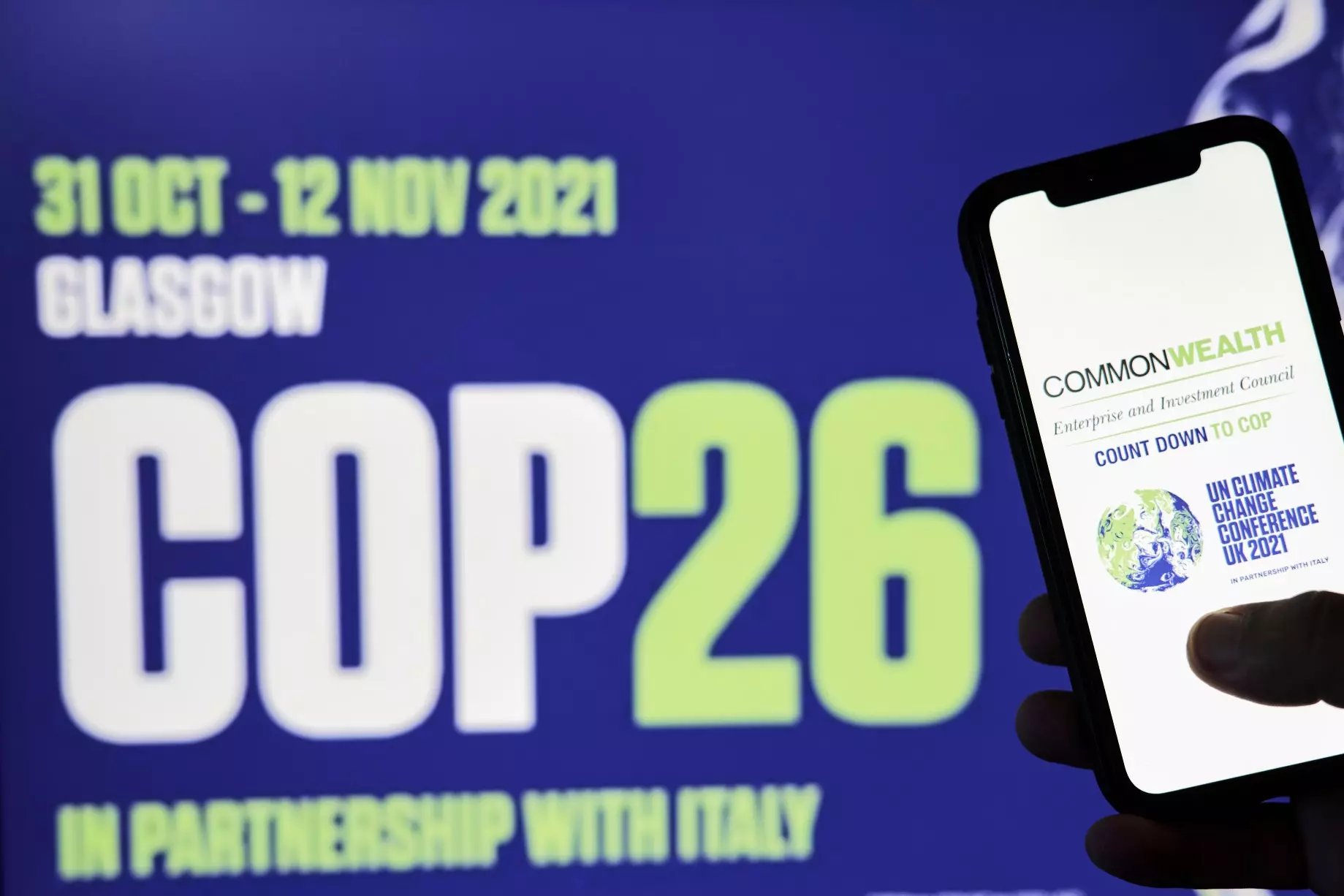
In the International Virtual Course "Tackling Climate Change through Global Learning" with partners in Brazil, India and Kenya, project leader Claudia Veith and her team train students to become global change agents who contribute to sustainable development with their skills. With the support of the SIP, the course is being expanded to include the aspect of "Climate Negotiations". The aim is for the students to develop an understanding of the different negotiating positions by participating countries and to experience the challenges but also the opportunities of international climate negotiations. Each year, at least 50 students and ten coaches thus expand their expertise and build up sought-after methodological and social skills through this international practical experience.